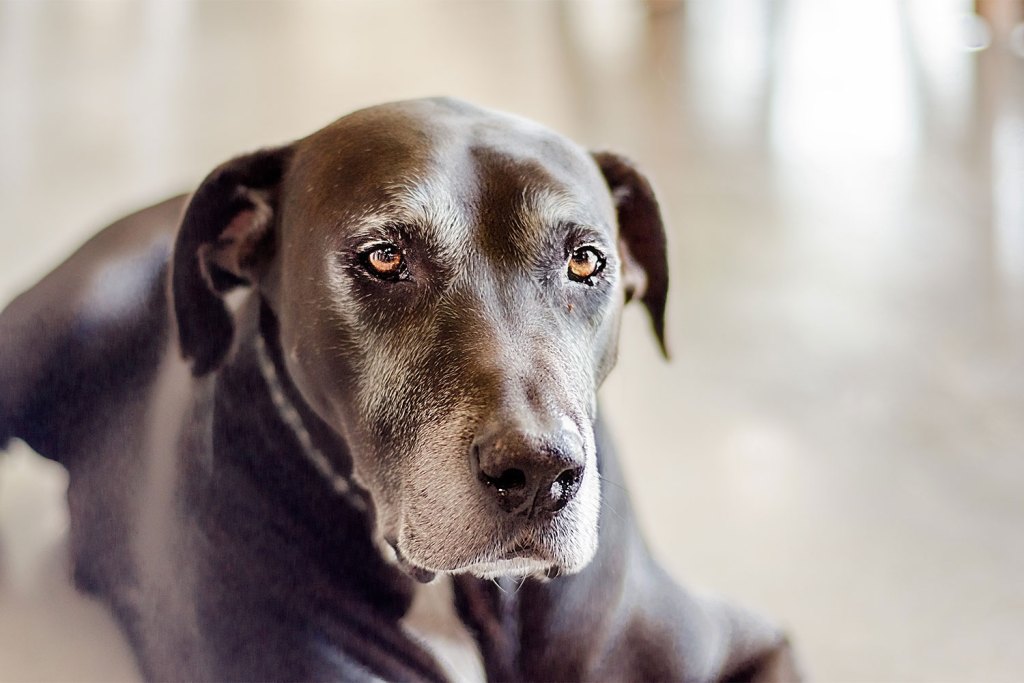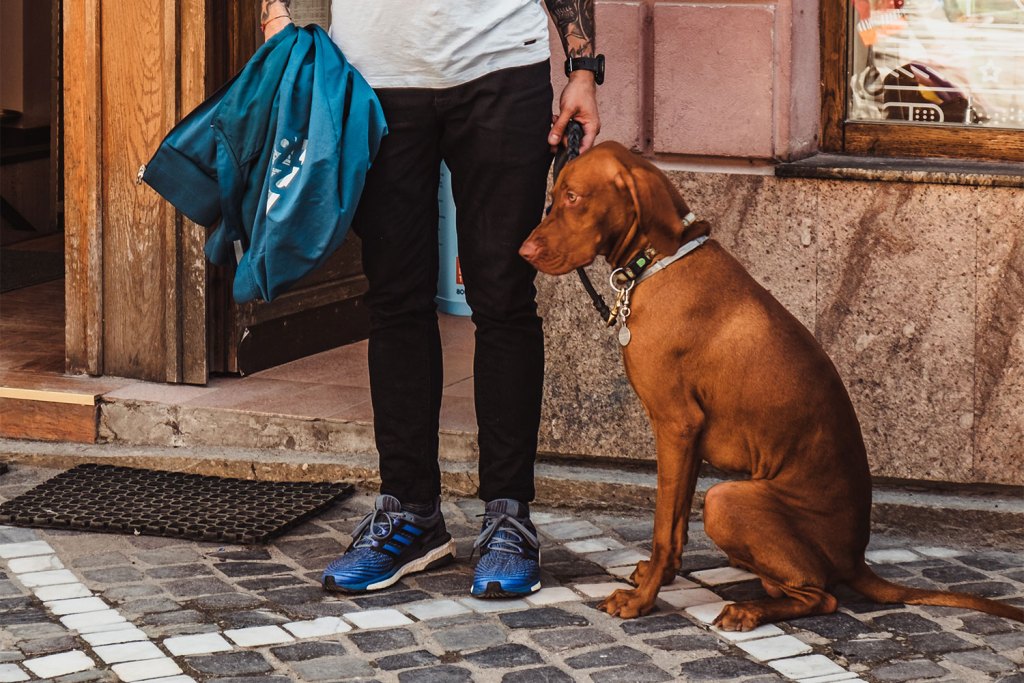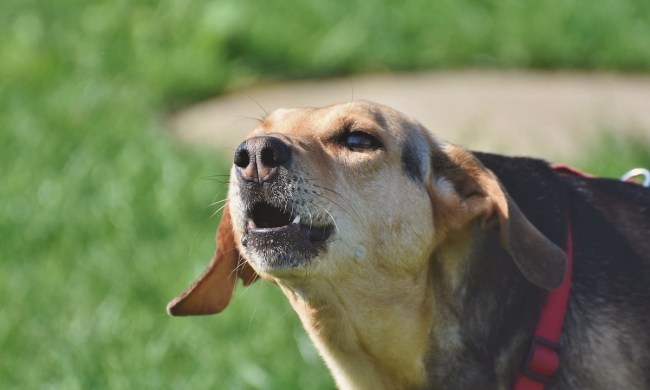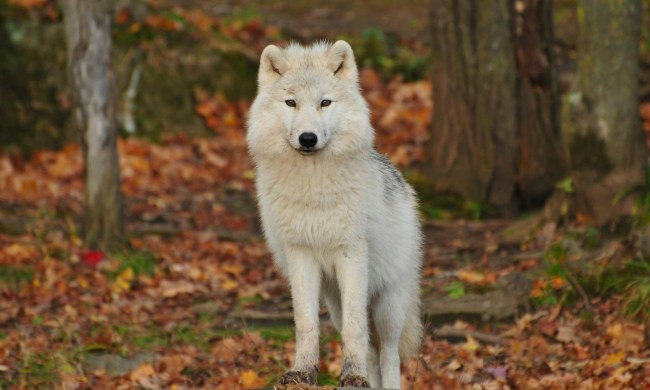Caring for a senior dog requires patience, compassion, and extra attention. Incontinence is a common condition among older dogs that suffer involuntary loss of urine. Understanding what’s happening to your dog is essential for you to help your furry companion as they age. With proper care and love, you can help your older dog avoid health complications and feel as nurtured as when they were a young pup.
What is dog incontinence?
Dog incontinence refers to the leaking of urine from their bladder. When your potty-trained dog can no longer control passing of urine, you may either find small puddles or large amounts of pee around your home. While this can happen to dogs of any age, it’s more likely to occur with senior dogs.

Keep in mind that not all dog breeds age at the same rate. Small dogs become seniors at age 11, while giant breeds are seniors by the time they turn 7. Although dogs of any age can become incontinent, it’s more common with middle-aged or older dogs.
As they age, spayed females of the following breeds are more prone to develop incontinence:
- Cocker Spaniels
- Springer Spaniels
- Doberman Pinschers
- Old English Sheepdogs
Signs of senior dog incontinence
If you suspect incontinence in your senior dog but aren’t completely sure, these are some signs to look for:
- Small or large puddles of urine on the floor.
- Wetness and urine smell in your dog’s bed.
- Frequent licking of the vulva or penis area.
- Dripping urine or damp legs.
Causes of senior dog incontinence
There are many possible causes for incontinence in dogs. If your senior dog is having this issue, these may be some reasons why:
- Senility or other neurologic disorders
- Hormonal imbalance
- Bladder stones
- Weak bladder sphincter tone
- Urinary tract infections
- Spinal injuries
- Degeneration
Complications of incontinence in dogs
Your pup’s incontinence can lead to more complications than just a little pee on the floor. Urine is an irritant that can cause redness and scalding to the skin. When your dog’s bladder muscles are relaxed, it’s also easier for bacteria to travel up the urethra and cause an infection.
House-trained dogs that suffer incontinence feel embarrassed and guilty for peeing indoors. This can lead to depression as a secondary problem of incontinence.
How to diagnose and treat older dog incontinence
If your dog suffers incontinence issues, the first step is to contact your vet. To determine the cause, your vet will perform a physical exam, ask you a series of questions, and run tests. These may include a urine culture, blood work, or X-rays. The vet will also want to check your furry friend for any urinary tract infections that could need antibiotics.
Management of your dog’s incontinence may vary, depending on what’s causing the condition. The different treatments include:
- Medication to prevent accidents
- Hormone therapy
- Strengthening of the urethral sphincter
- Collagen injections
- Surgery

Helping your dog live with incontinence
Unless the vet says otherwise, keep your dog’s water intake at their normal level to avoid dehydration or urinary tract infections. It’s important to monitor these infections closely, as they can quickly accelerate in older dogs. With proper hygiene, you can also help prevent skin infections caused by urine.
Patience is key to living with dog incontinence. Remember that your pooch doesn’t mean to pee or upset you. In addition to your dog’s treatment, there are many things you can do to help your senior dog deal with their condition:
- Lay out clean dog blankets and towels on their bed.
- Place waterproof pads in different parts of the home.
- Take your pup on more frequent walks — especially when they wake up in the morning, after naps, and right before bed.
- Use disposable or washable doggy diapers for female pups.
- Get disposable or washable male dog wraps.
- Make the switch to a waterproof dog bed.
- Set up an indoor potty if your dog has trouble getting outside.
Caring for an elderly dog is a labor of love. If your senior dog is suffering from incontinence, it’s best to take them to the vet as soon as possible. Older dog incontinence is a condition that usually responds to treatment from a doctor. With proper nurturing and medical assistance, you can make your pup’s golden years easier on them and you.


